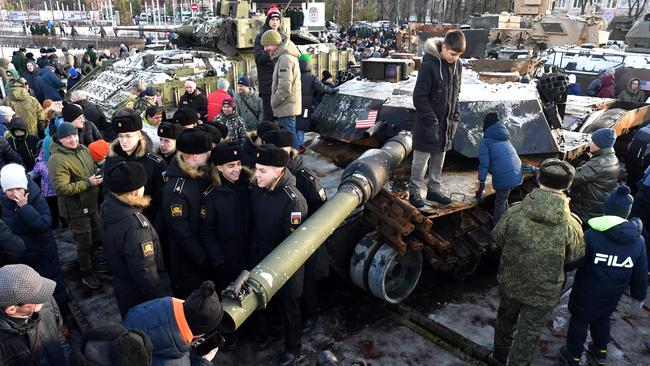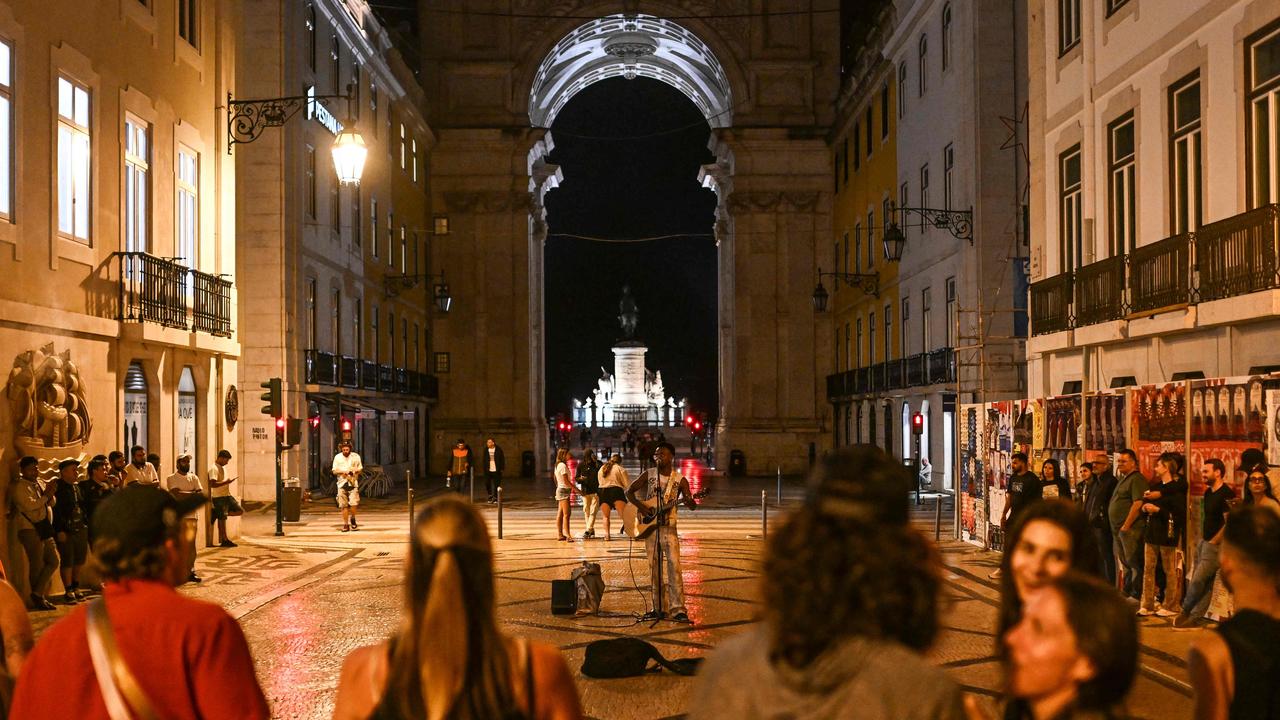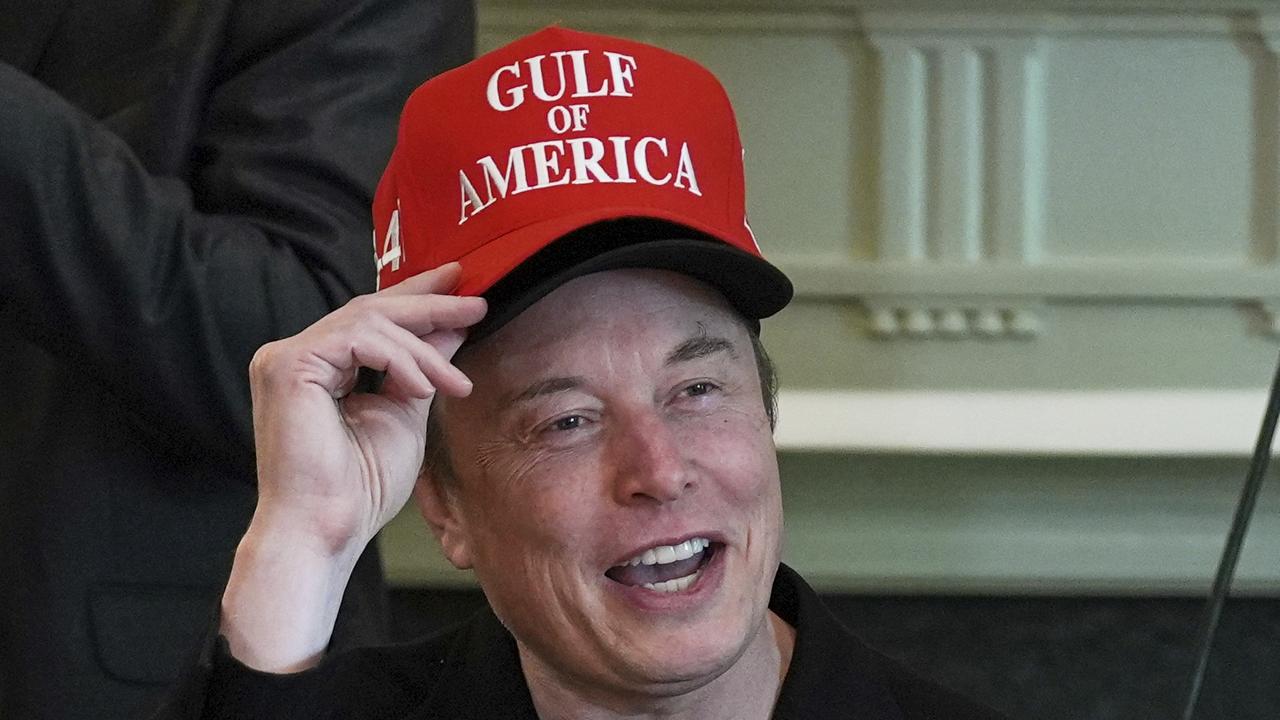Kyiv keeps one eye on the enemy, the other on White House race
As the world watches to see who will win the White House, few countries have as much at stake as Ukraine.

The soldiers were dug into their positions southeast of Pokrovsk when the Russian assault started. Over the next 20 hours, artillery rained down on their trenches, interspersed with dozens of glide bombs launched from Russian territory. As the Ukrainians were forced to pull back, newly mobilised Russian reserves swooped in and swiftly dug in.
“I’d never seen anything like it,” Vitaliy Milovidov, a Ukrainian officer, said. “I don’t know how we can take such positions back.”
As the US goes to the polls, the Ukrainian army that has depended so much on Washington’s largesse faces the toughest fight of the Russian invasion so far, losing territory in the east at the fastest rate since Kyiv itself was threatened. The deployment of thousands of North Korean troops has injected an explosive new component to the conflict.
Mounting drone strikes on Ukraine’s cities raise the spectre of another hard winter, after talks to end tit-for-tat strikes on energy infrastructure were called off in August when Ukrainian forces crossed Russia’s border into Kursk. That incursion is itself faltering, with at least a third of the seized territory now back in Russian hands.
As the world watches to see who will win the White House, few countries have as much at stake as Ukraine. Nobody in Ukraine speaks of total victory over the invaders any more. “This will end with negotiations,” Milovidov said.
If elected, Kamala Harris is widely expected to continue her predecessor’s support for Ukraine. Yet, in Kyiv’s eyes, President Joe Biden’s commitment has, of late, fallen short. President Volodymyr Zelensky’s trip to Washington armed with a so-called victory plan, including a plea for permission to use long-range Western missiles to hit targets on Russian soil, received a lukewarm response.
Mr Zelensky at least secured a meeting with Donald Trump, his first for five years. Only last month, Mr Trump blamed Mr Zelensky, not Russian President Vladimir Putin, for the invasion, denigrating the Ukrainian leader as “one of the greatest salesmen I’ve ever seen. Every time he comes in, we give him $US100bn. Who else got that kind of money in history?”
Last week, however, Mr Zelensky said the US had delivered only a fraction of the $US61bn military aid package passed in April.
In an interview in July, Mr Trump gave the first clue as to how he would try to end the war, telling Mr Zelensky he would get nothing more unless he negotiated and informing Putin that Mr Zelensky would get whatever he wanted unless Moscow agreed to talk. But nothing suggests Moscow is willing to come to the table. Last week, Mr Zelensky warned Washington what was at stake.
“The next US president may strengthen or weaken support for Ukraine,” he said. “If that support weakens, Russia will seize more territory, it would prevent us from winning this war.” A genuine desire from the US to end the war swiftly was crucial. But “Ukraine’s territories are not negotiable. Our constitution doesn’t allow us to abandon our rightful lands.”
In Donetsk, where Ukrainian soldiers are battling “one of the most powerful Russian offensives” since the full invasion, according to commander-in-chief Oleksandr Syrsky, they are starting to think the unthinkable.
“It comes up in conversations: what are we going to do if our partners stop supporting us?” a young soldier asks. “What are we going to do? What if this happens?”
The Times



To join the conversation, please log in. Don't have an account? Register
Join the conversation, you are commenting as Logout